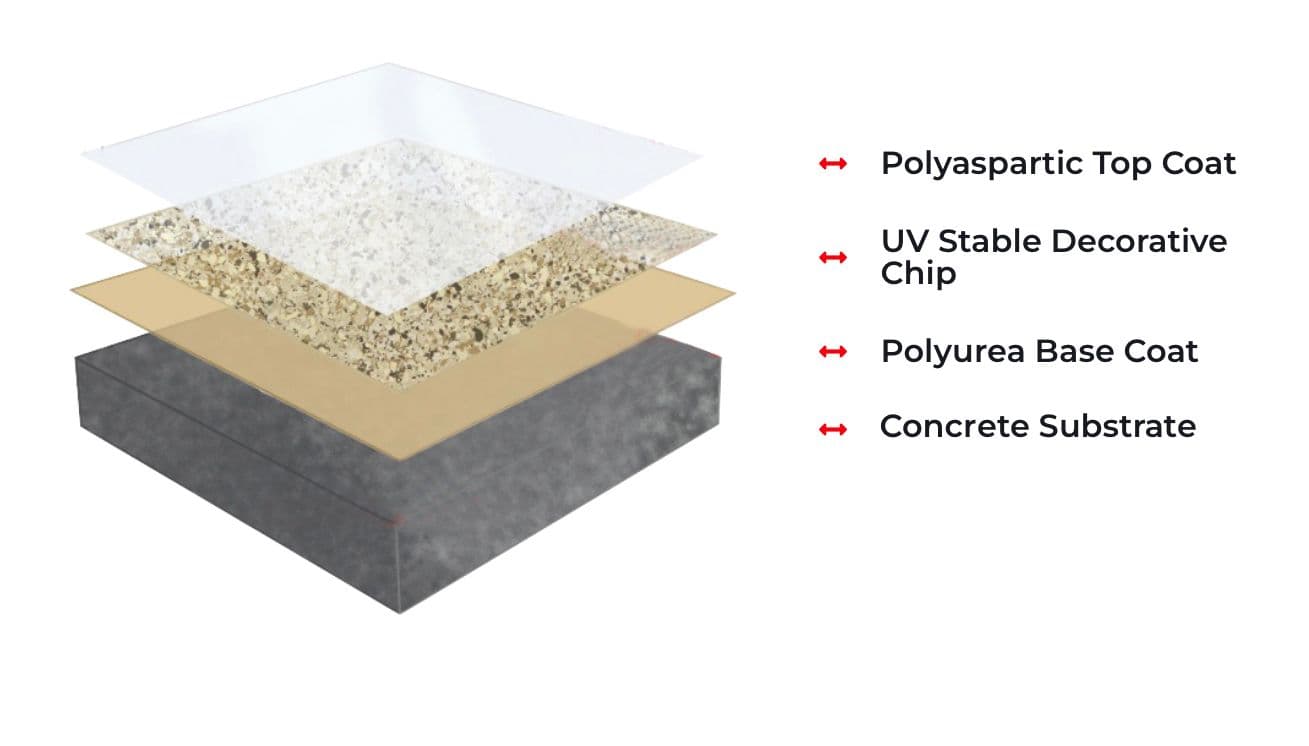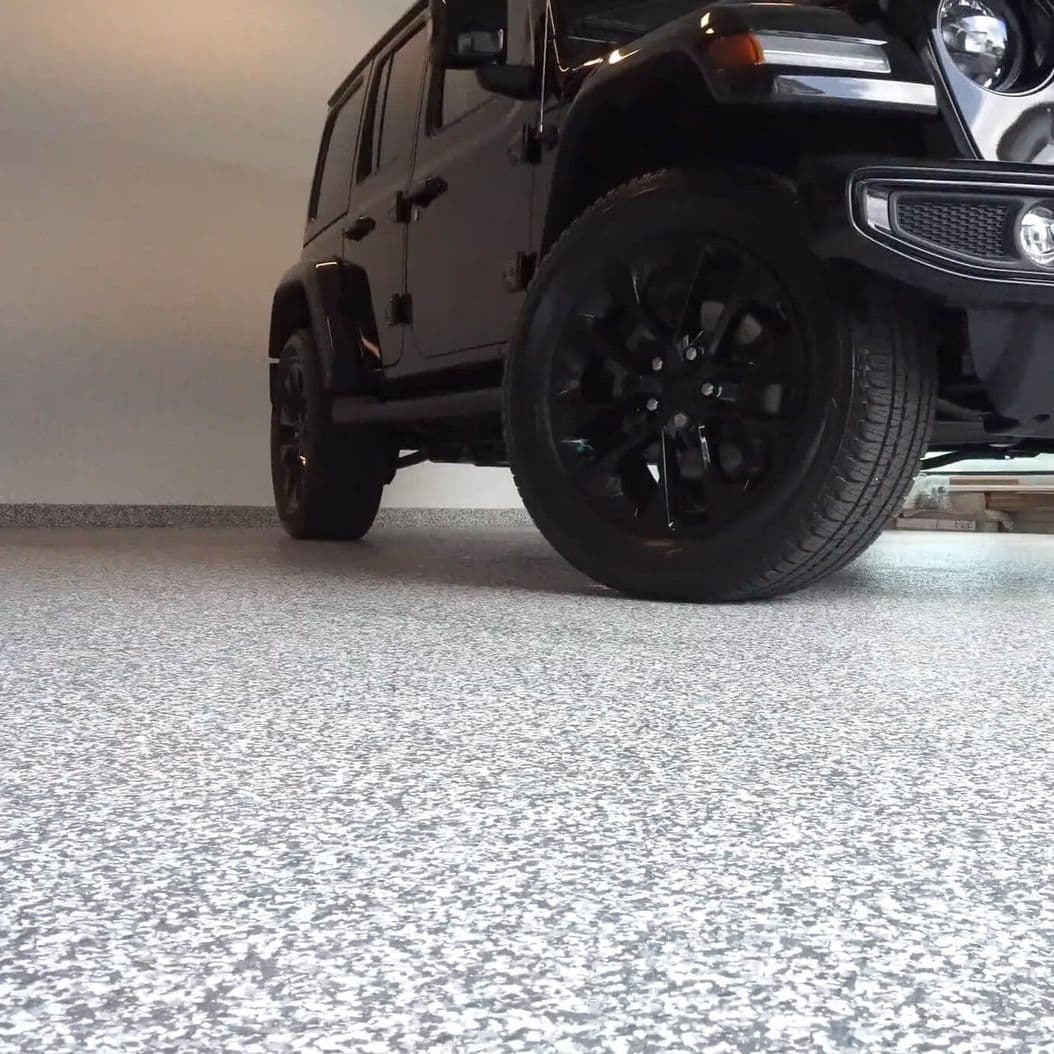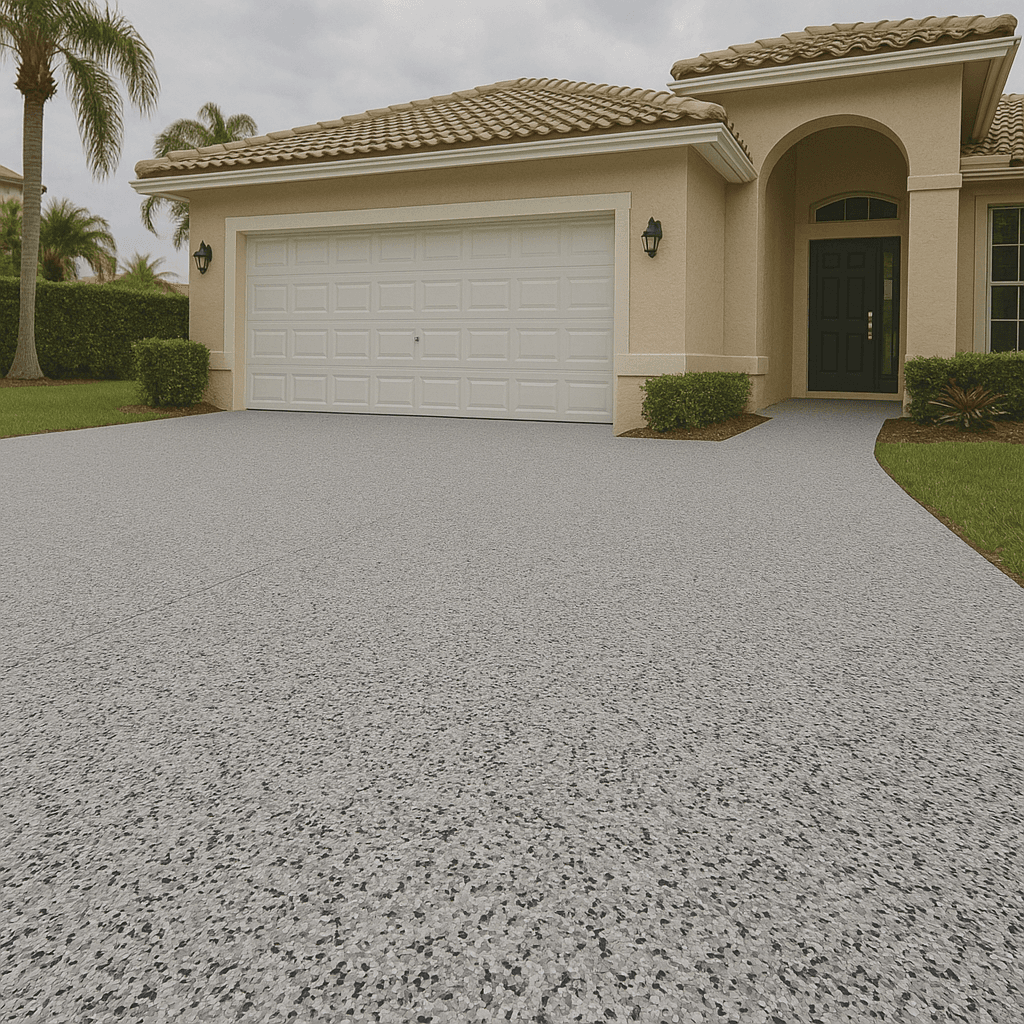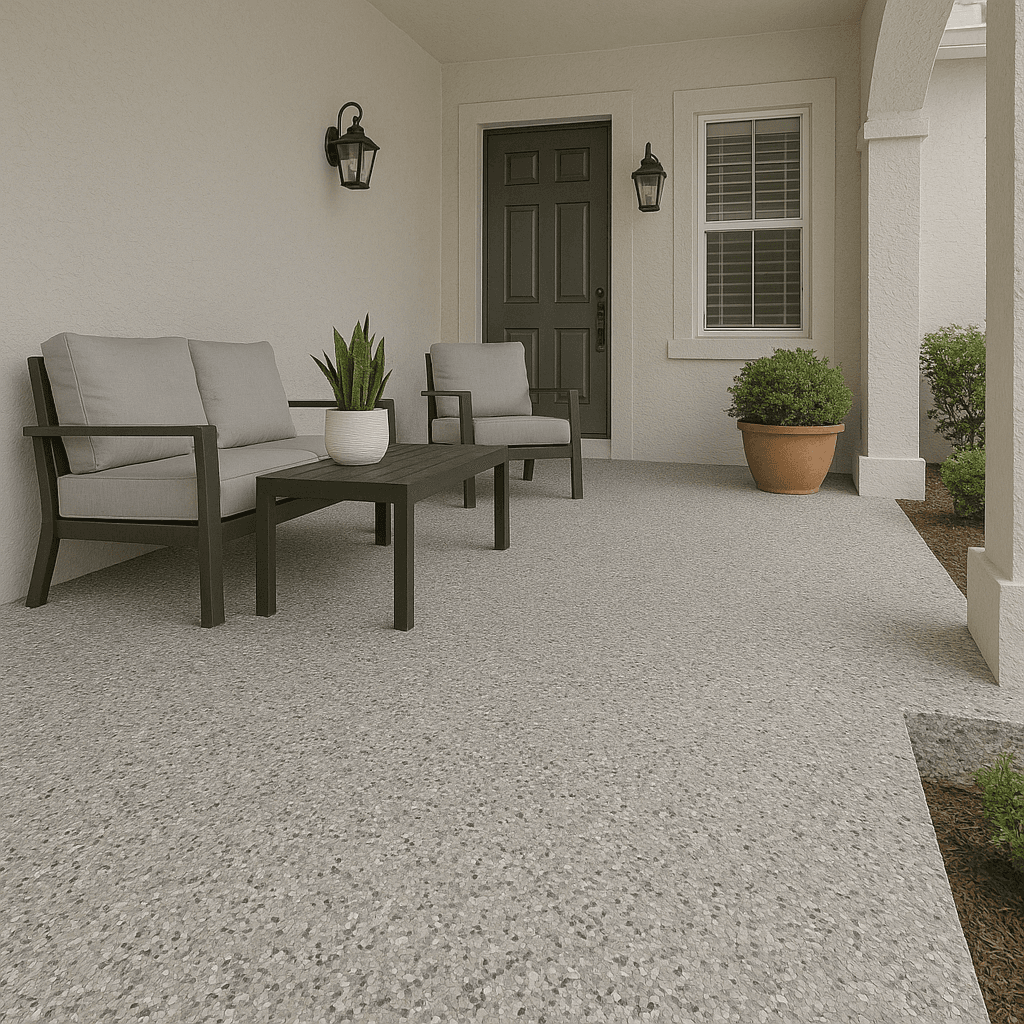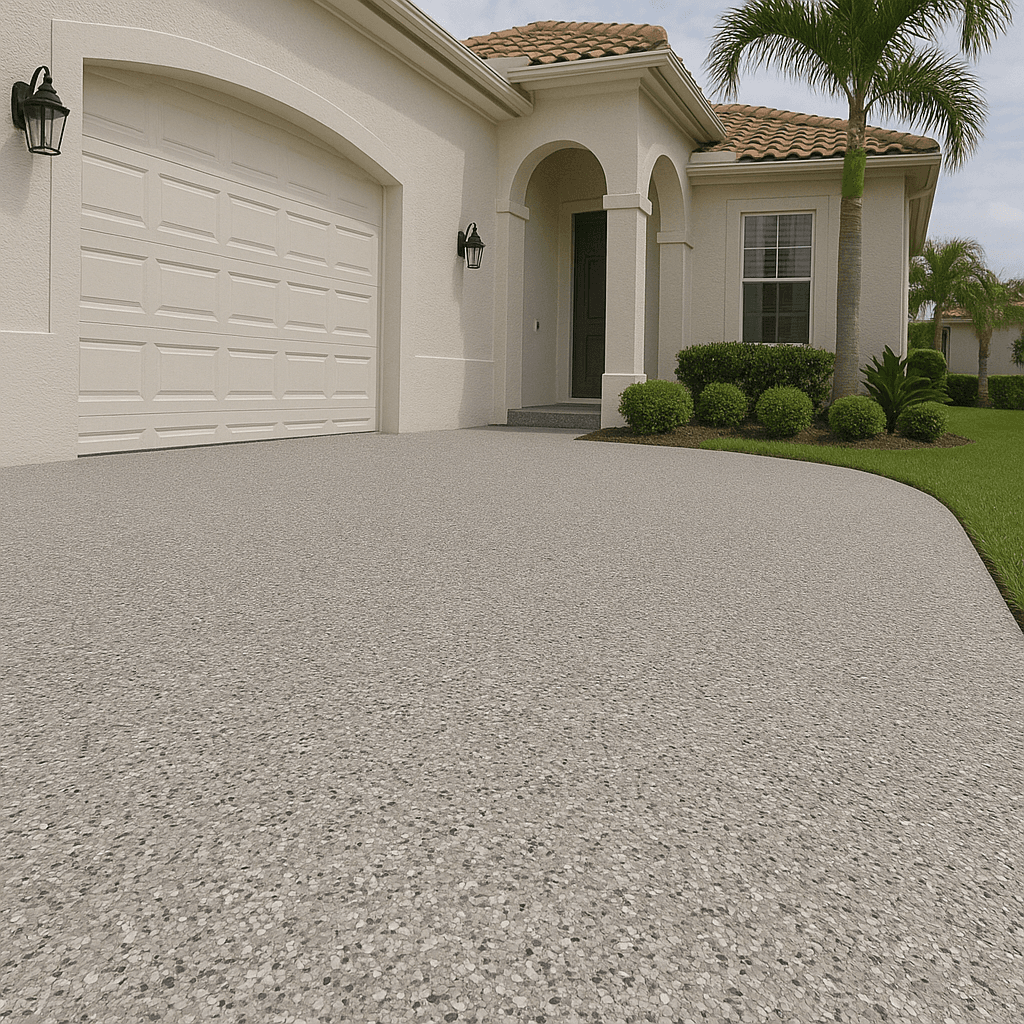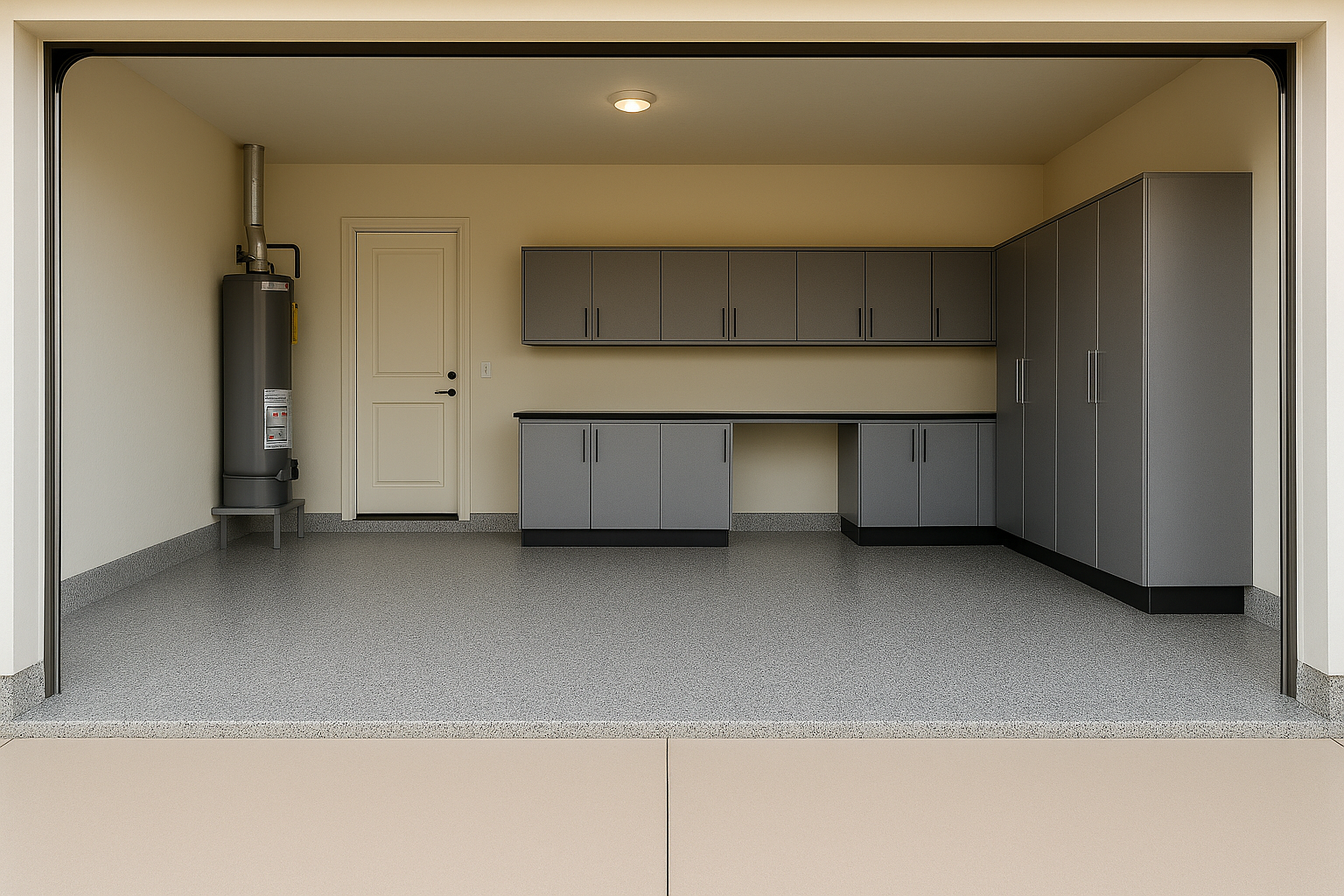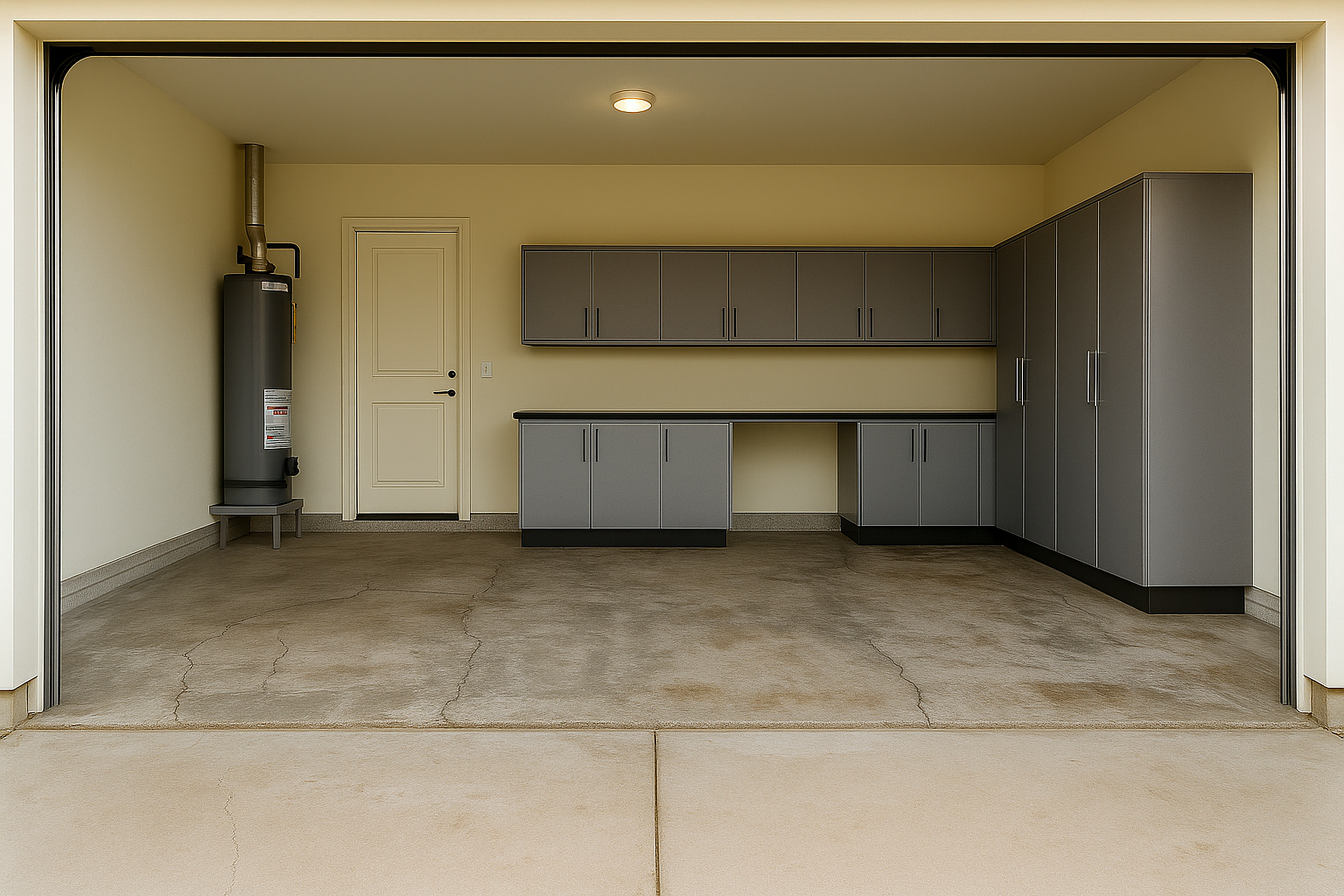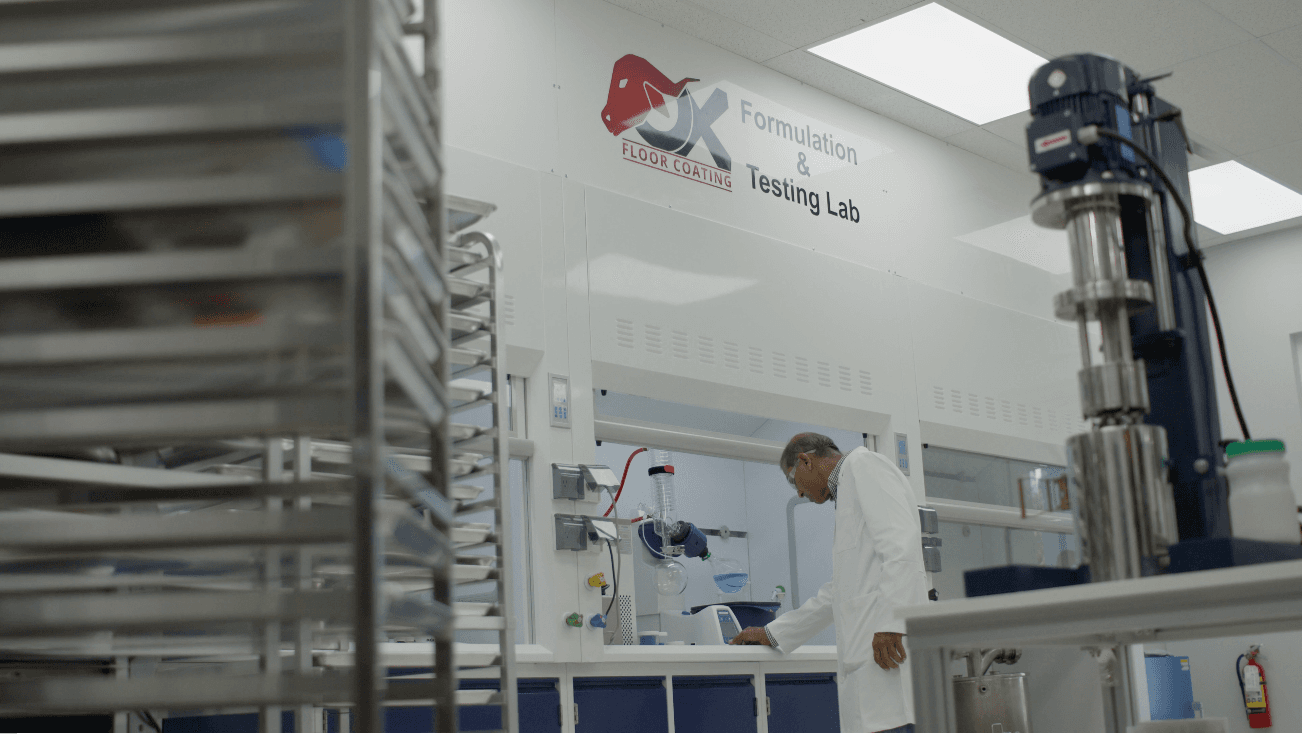January Only
Save 30%
OX FLOORS - AS EASY AS 1, 2, 3


Get To Know OX Floors
From everyday wear to tough stains and cracks, damaged floors can affect your home.
With Ox Floors, you're protected by premium coatings that come with a life of home warranty against delamination.
Factory-Direct Pricing
Lab-Tested Quality
Fully Customizable
See the Ox Difference in Action
Our Services
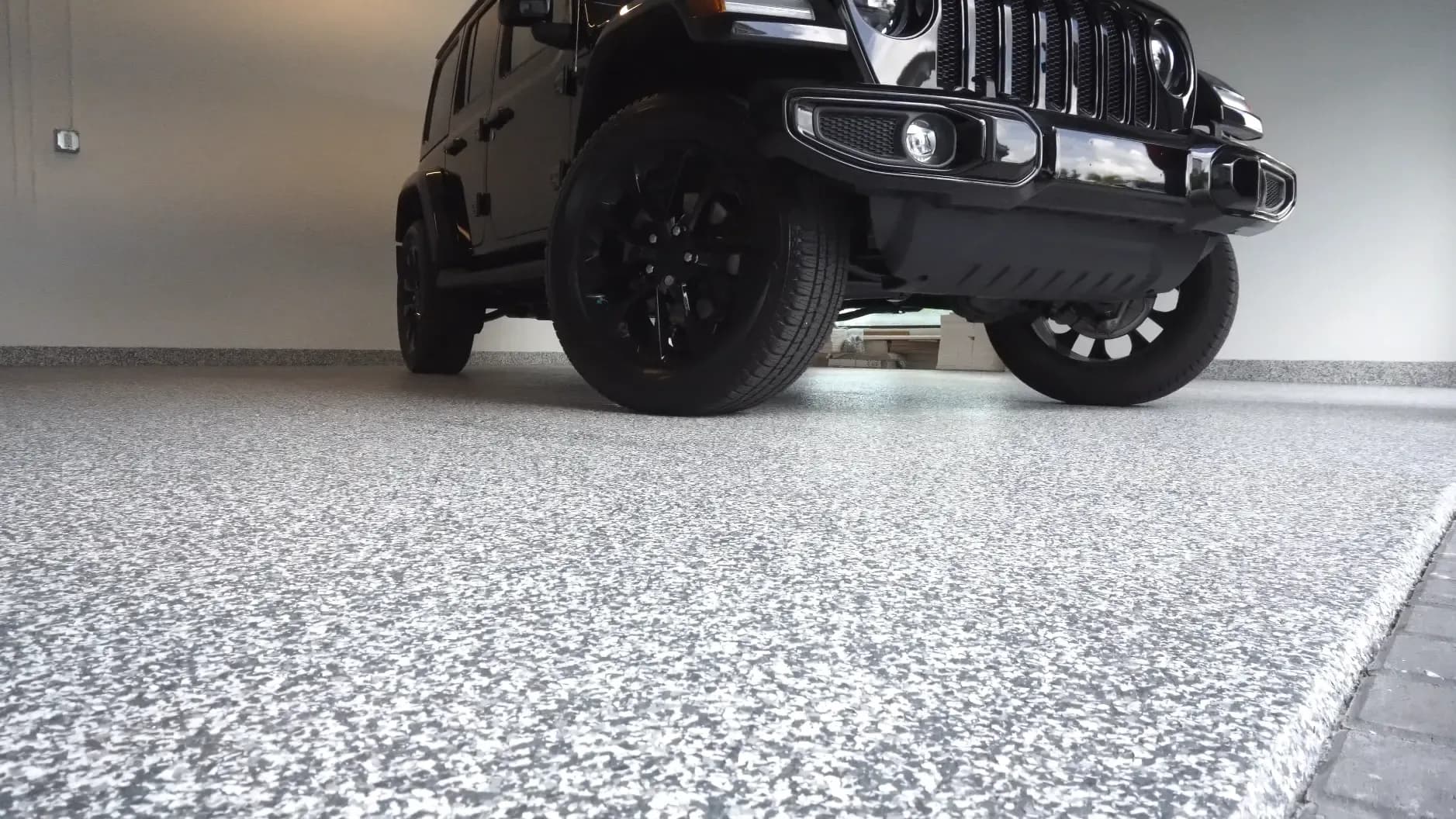
Ox Floors durable coatings provide unmatched protection against the heavy wear, chemicals, and stains that commonly occur in garages due to usage. Keep your space clean and resilient, ensuring it remains a pristine, high-performance environment.
Upgrade Your Floors With Unmatched Performance
Our advanced coatings, expertly formulated and tested in our lab, outperform all competitors in the market, providing exceptional quality and durability.
UV And Chemical Resistant
Quick Cure Rate
Non-Toxic
Unmatched Resistance
Take The Boring Out Of Your Flooring
It's As Easy As 1, 2, 3

Call any day of the week and schedule to have one of our certified representatives meet you at your property at your convenience.
Design your floor using our custom design software on the tablet during your free estimate.

Sit back and let us do the job. You'll be enjoying your new Ox floor in no time!
OX FLOORS - AS EASY AS 1, 2, 3
Engineered for garages, patios, pool decks, driveways, and sidewalks, Ox Floors coatings are guaranteed to enhance both beauty and performance in every space. Transform your areas into low-maintenance, high-performance environments!
- Waterproof
- Thousands Of Successful Installations Across Florida
What truly sets Ox Floors apart is our factory-direct model.
Testimonials
Amazing work, had our garage and front walkway done. They did an excellent job, had an issue on first day with equipment but Dylan & Agustin stayed until late into the evening and came back early next morning to complete. Thoughout installation Dylan made sure to keep me informed of what he was doing, both were very courteous. Everything looks perfect , so happy we went with Ox floors.
I am so impressed by the professional and careful job they handled my home. While installing these beautiful floors. I was very happy with these two men from start to finish. They are keepers for sure. Thank you OX Floors
I researched and researched to find the right company to do the work on my garage floor. I chose OX FLOORS and I Could not be happier! From gross to gorgeous! Rob and Chris were punctual, professional , knowledgeable and friendly. They got the job done perfectly! We are happy! Thank you Rob and Chris !



Find Our Closest Shop To Your Home

Monday - Friday 8:00am - 8:00pm
Saturday - Sunday: 9:00am - 6:00pm
-1920x1079.png&w=3840&q=75&dpl=dpl_DGNBjZvByu6QTp2eSUtXrfbqHZ2H)

